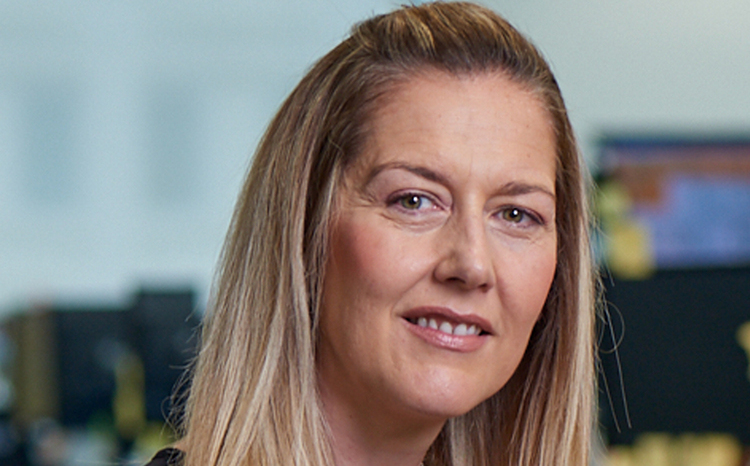Great Ormond Street Hospital signs research deal with Sensyne Health
- 8 September 2021

Great Ormond Street Hospital for Children (GOSH) has signed a non-exclusive strategic research agreement with Sensyne Health to drive research into childhood disease through ethical AI application.
The agreement will provide Sensyne Health with access to anonymised patient data from GOSH so that it can apply its AI technology to help develop new treatments for rare and complex childhood diseases.
The research will focus on three key areas:
- Paediatric drug discovery: helping discover new medicines.
- Clinical decision support tools to support children’s care: developing and validating the effectiveness of AI-enabled software tools.
- Clinical trial design: Using AI to analyse retrospective clinical data and generate synthetic control arms to support clinical trials.
As well as working towards improving paediatric outcomes and accelerating research, the two organisations are looking to create the first global ethical AI paediatric research community through their collaboration.
Matthew Shaw, chief executive of GOSH, said: “Children are at the heart of everything we do and this collaboration is no different. It will offer the potential to use digital innovation to find and develop diagnosis and treatments much faster, not just for GOSH patients but children across the country and internationally.”
The five year deal will see GOSH receive equity in Sensyne Health plc, research funding of £250,000 per year plus a share of revenues, which will be reinvested to facilitate further research. Sensyne Health will have access to longitudinal, de-identified, anonymised patient data for AI analysis, with a dataset covering approximately 320,000 patients.
It marks the first time that Sensyne has focused on paediatrics, who has previously signed agreements with Milton Keynes University Hospital NHS Foundation Trust, The Royal Devon and Exeter NHS Foundation Trust and The Royal Wolverhampton NHS Trust.
Lord Drayson, CEO of Sensyne Health, added: “GOSH has invested heavily in its digital infrastructure and curation of its data which means we can start work immediately: together we aim to use the power of ethical AI to make a real difference in finding new and better ways to treat rare and complex childhood diseases and in future to develop a world-wide research community using ethical AI to improve the lives of children world-wide.”




